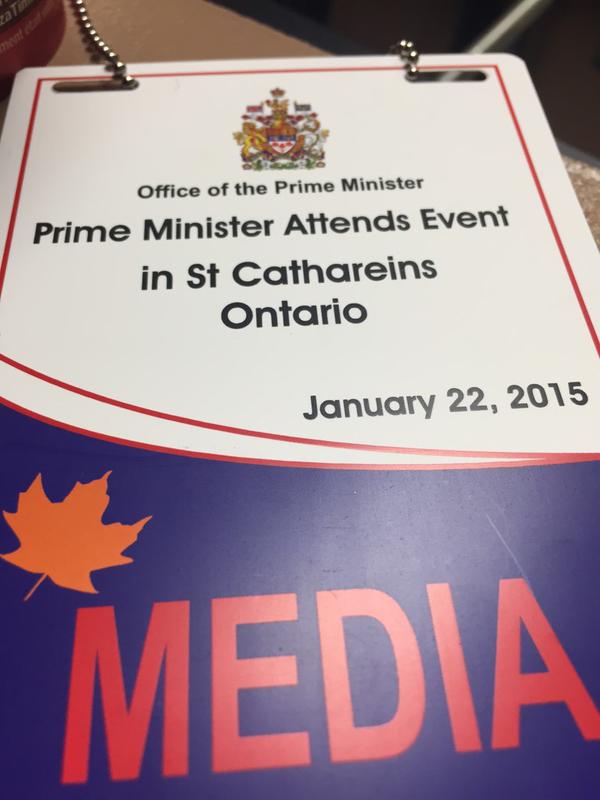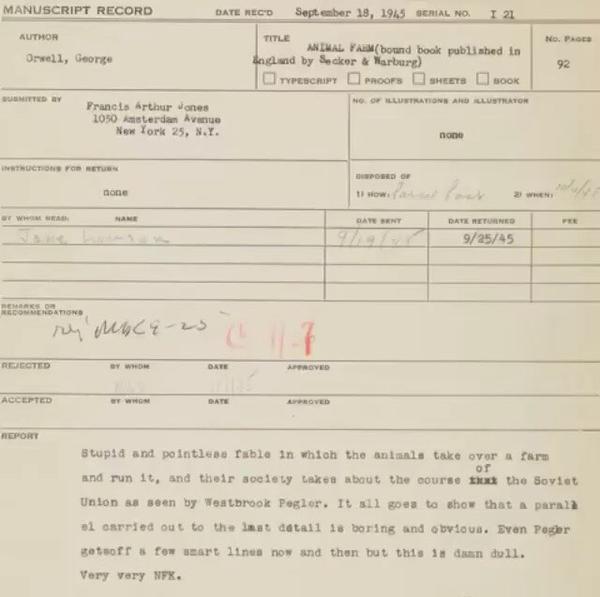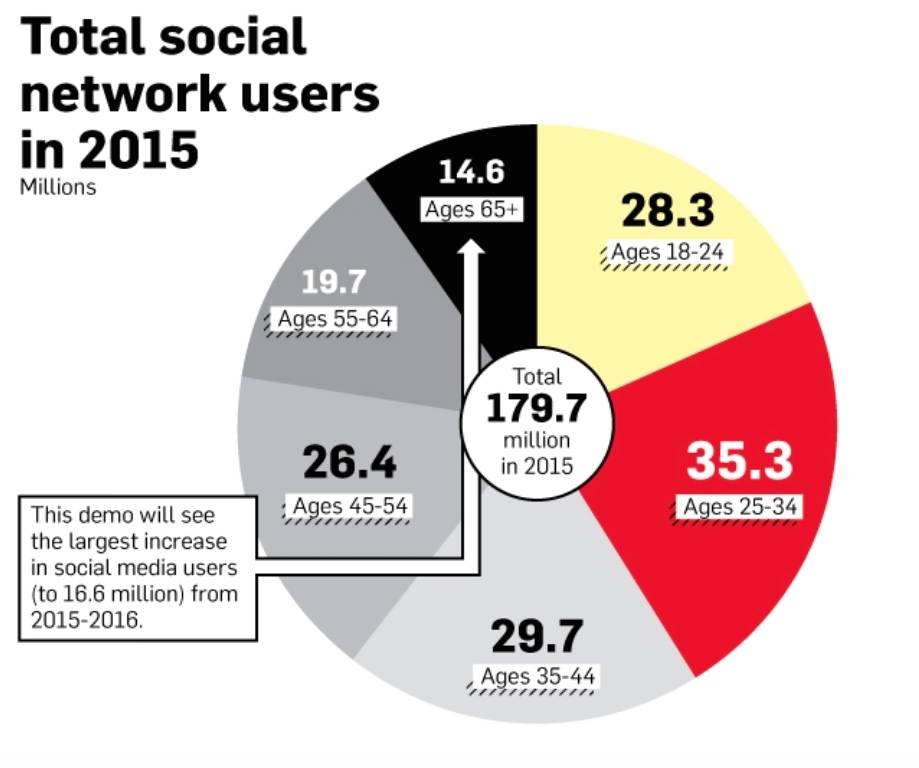Should Canada have participated in the First World War, when we weren’t contributing anything that our Allies didn’t already have?
Should we have joined the fight against fascism in the Second World War – because we weren’t certain we would win?
Silly questions, yes. But they will likely be asked, just the same, of Liberal Leader Justin Trudeau following a misstep in Southwestern Ontario this week – when he sat down with a London radio host, and expounded on his position on our efforts to combat the genocidal force that is ISIS.
The interview, with host Andrew Lawton on AM 980, should have been a straightforward affair. Lawton is a well-known conservative, but Trudeau – as a national political leader – does hundreds of media interviews every year. Handling Lawton shouldn’t have been difficult.
The Liberal leader agreed to meet with Lawton because his caucus was already in London, planning for the coming parliamentary session. Trudeau was there to wave the Grit flag a bit and try to recapture the Southwest Ontario strength the party once enjoyed under Jean Chretien.
When outside Ottawa, and in smaller media markets, federal political leaders do a lot of local media. Privately, Ottawa folks often like local media. They assume the questions won’t be as tough as what they get back in the nation’s capital.
For political war rooms, however, these encounters are sometimes very valuable – because, sometimes, the leader lets his or her guard down. Or they don’t sufficiently prepare. And, when no one is expecting it, the local media guy delivers a punch that no one was expecting.
Which brings us to Justin Trudeau, sitting down on Wednesday with Lawton.
Mostly, Trudeau did fine. For the first seven minutes, he repeated his key messages, and he kept his cool. But it was in the following segment that Trudeau did himself – and his party – no favours.
LAWTON: So under what circumstances as prime minister would [military action] be warranted in your eyes?
TRUDEAU: I think it’s warranted if there is a reasonable chance of success, if there’s a way that Canada can offer expertise the rest of the world is unable to provide.
LAWTON: Just to clarify, are you saying there’s no chance of success with the fight against ISIS?
TRUDEAU: Oh, I’m saying, this is going to be a very long, long challenge against ISIS, and Canada’s role in engaging with that needs to be best suited to what we can do better than other countries.
Trudeau goes on in a similar fashion, but he doesn’t ever extricate himself from the deep hole into which Lawton nudged him. That is, Canada shouldn’t ever take military action if (a) we aren’t sure we aren’t going to win and (b) if some other nation is already doing the sort of thing that we do.
You don’t need to be a military historian to see the problem, here. The conditions Trudeau has imposed would render it impossible for Canada to participate in any military effort, ever. Because most of our allies, militarily, can do what we do. Because we aren’t ever completely certain we are always going to triumph.
Trudeau’s statement will find favour with New Democrats – because many New Democrats feel the best way to deal with genocide, now or then, is to send over bags of rice to the victims. But what he has said is not in the traditions of the Liberal Party of Canada, when we rightly committed Canadians to fighting malevolent forces in Germany, Korea, Kosovo and Afghanistan.
Out of little things can grow big problems. This week in London, Ont., Justin Trudeau turned a little radio interview into a great big problem – for himself.
Comments (77)



